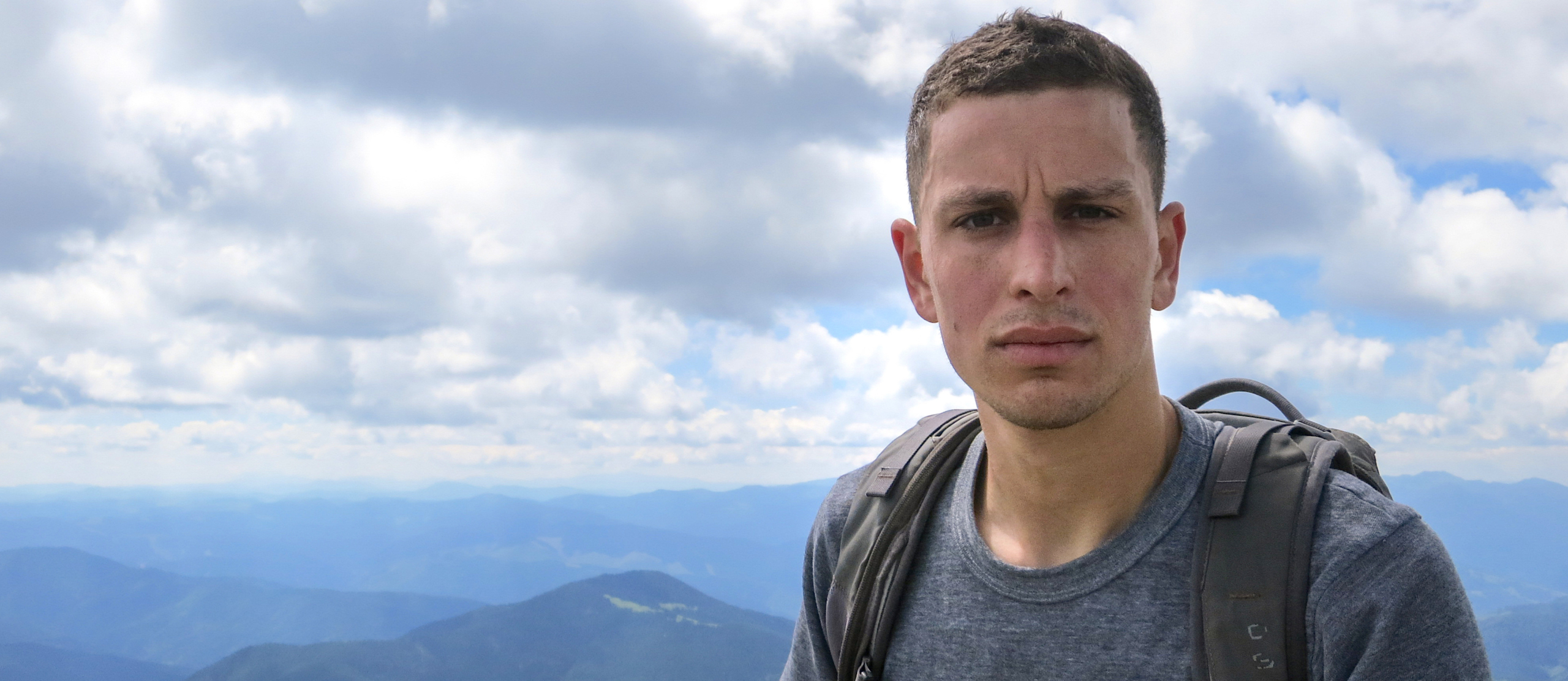Sign up for the daily CJR newsletter.
This week marked two years since my cousin, freelance journalist Christopher Allen, was shot and killed by government forces in South Sudan.
Christopher, who was 26 years old and who wrote in-depth studies of those caught in conflict, had embedded with the rebel group SPLM-IO, the primary opposition to the South Sudanese government in that country’s ongoing civil war. The government initially labeled Christopher a “mercenary,” and said he was not identifiable as a journalist; a spokesperson for the South Sudan army told Voice of America, “Anyone who comes attacking us with hostile forces will meet his fate.” Such characterizations went uncorrected by the US and the UK, Christopher’s countries of citizenship.
RELATED: After US journalist killed in South Sudan, a quest for answers
In the first year after Christopher’s death, a sympathetic senator had pressed the State Department to seek answers, and diplomats had intimated an investigation might happen. In the UK, the Foreign Office provided Christopher’s family with a caseworker from its murder and manslaughter team. But there have been no meaningful developments from government officials since then.
The UK Foreign Office and the US State Department repeat the same tired lines about their inability to investigate possible crimes on foreign soil. “There is no diplomatic push for the truth from either of Chris’ home nations, and without enormous pressure from his family and journalists there may never be any,” I wrote a year ago. “The pick-up in media of the stories about Chris’ death got his body home, and only the same pressure will propel an investigation that could bring any accountability to his killers.”
For perpetrators of violence against journalists, a lack of consequence amounts to tacit permission. At a time when journalism is more dangerous than ever, such impunity only fuels threats against reporters such as Christopher. “Nine out of ten journalist murders go unpunished,” the Committee to Protect Journalists reports, citing its own Global Impunity Index. “Too often the root of this impunity is a lack of political will, and enlisting the public is critical to fighting for justice when journalists are killed in reprisal for their work.”
For Christopher’s family, civil society has stepped into the void left by government inaction. Reporters Without Borders (RSF) met with Christopher’s family in late 2018, and helped arrange an introduction to barristers who recognized the importance of the case and agreed to work to seek justice. Yesterday, one of the barristers told the Associated Press, “There are reasonable grounds to suspect that both the killing of Christopher Allen and the treatment of his body after death constitute war crimes committed by members of the South Sudanese armed forces.”
The barristers’ work has depended, in part, on the work of journalists such as Sam Mednick, the AP’s South Sudan correspondent, who located government soldiers that claimed involvement in the fatal battle. They admitted to seeing Christopher with a camera, which undermined the government’s argument that he was a mercenary.
Barristers for Christopher’s family have requested that South Sudan honor the obligations of international humanitarian law to protect civilians from direct attack, and to investigate through an independent and transparent process. But two years on from the killing such an investigation seems unlikely without international pressure. So the family and its legal team are now calling upon Christopher’s states of nationality, the US and UK, to step in.
“Civilians have substantial protections from direct attack in armed conflicts according to the rules of international humanitarian law,” says Caoilfhionn Gallagher, the lawyer who leads the family’s legal team. “A journalist, whether embedded with an armed group or not, falls within the definition of a civilian and is entitled to these protections. In addition, journalists who bear witness to armed conflict are both exercising their own fundamental rights to freedom of expression, and performing a public service of vital importance.”
Today, the lawyers wrote to the FBI’s International Human Rights Unit to request an investigation into these alleged war crimes, with the hope their findings might form a basis for a prosecution and reparative action. Christopher’s family hopes the US and the UK will honor their commitments to the Geneva Conventions.
Justice for Christopher carries great significance for all those in the media, especially for those journalists in conflict zones and other places where media freedom goes unprotected, and where violence against reporters too often goes unanswered. We hope our effort will prompt both America and Britain to step forward at a harrowing time for journalists, to help deter such violence in the future.
THE MEDIA TODAY: Facebook and Twitter profit from Chinese propaganda
Has America ever needed a media defender more than now? Help us by joining CJR today.







